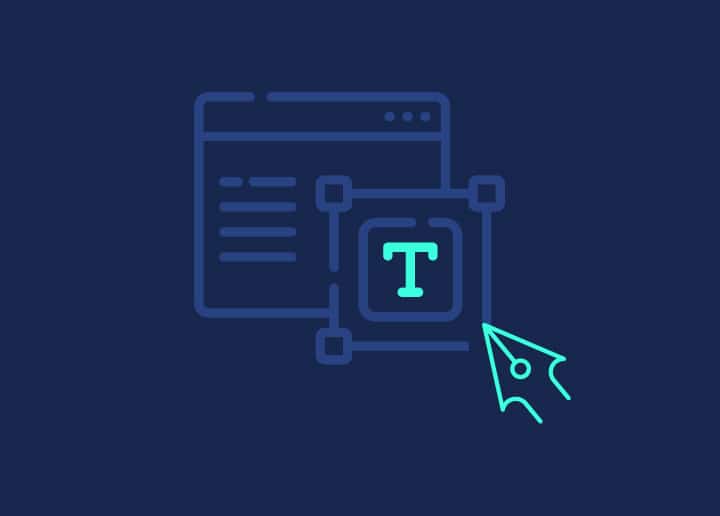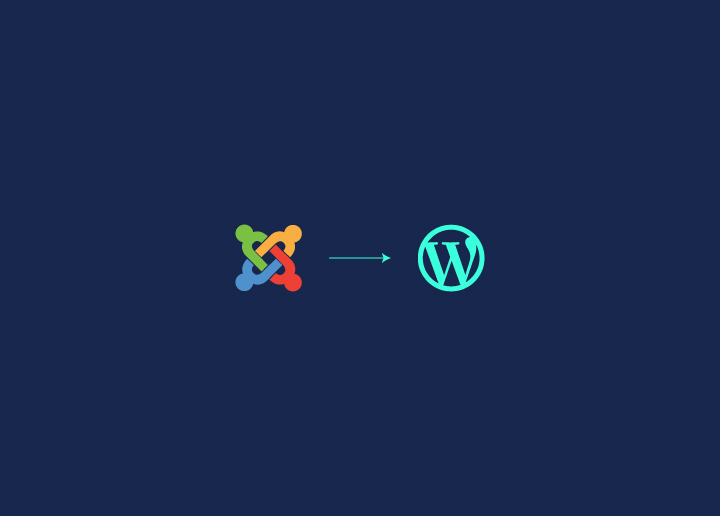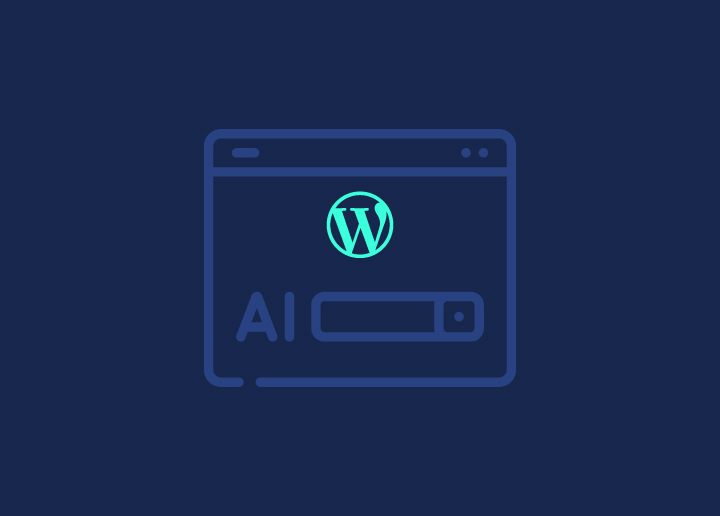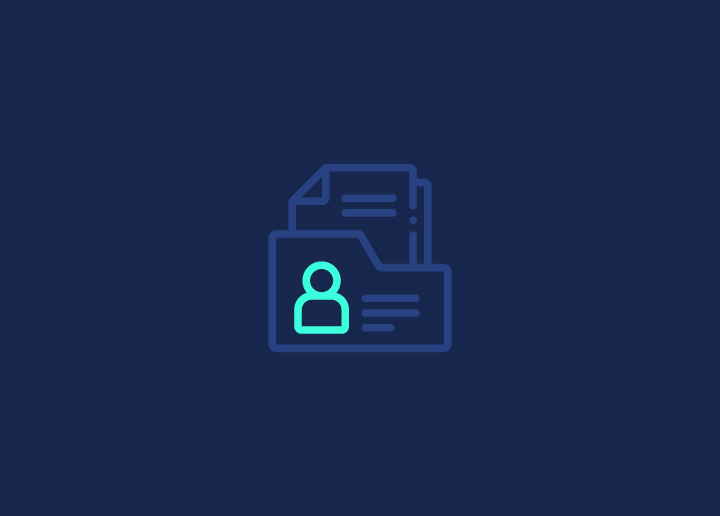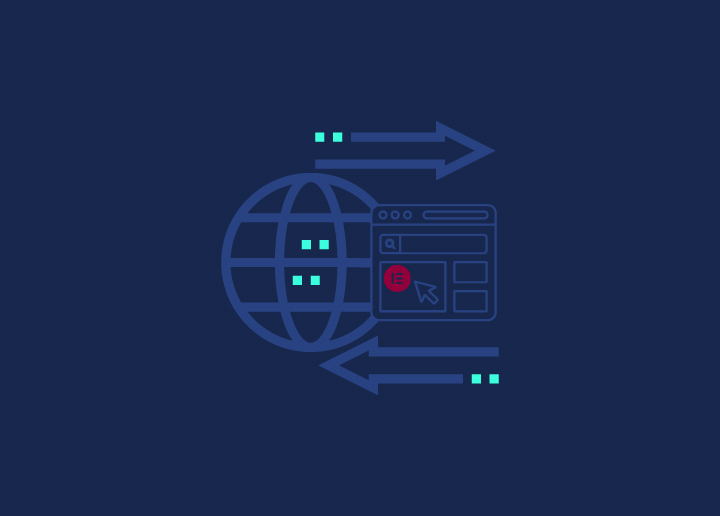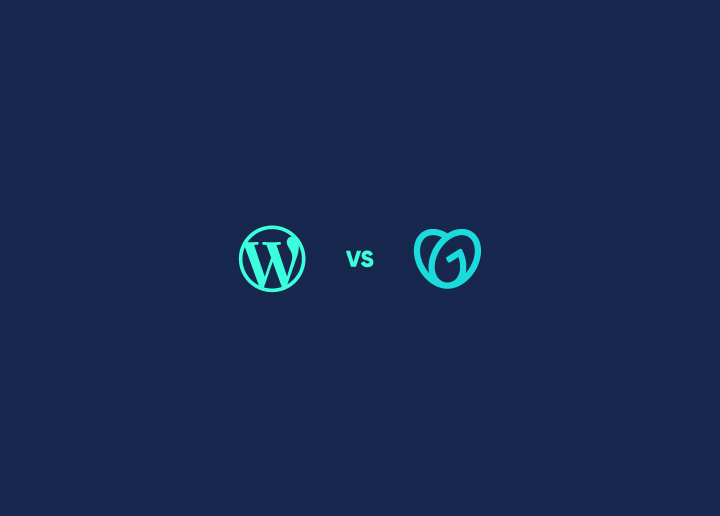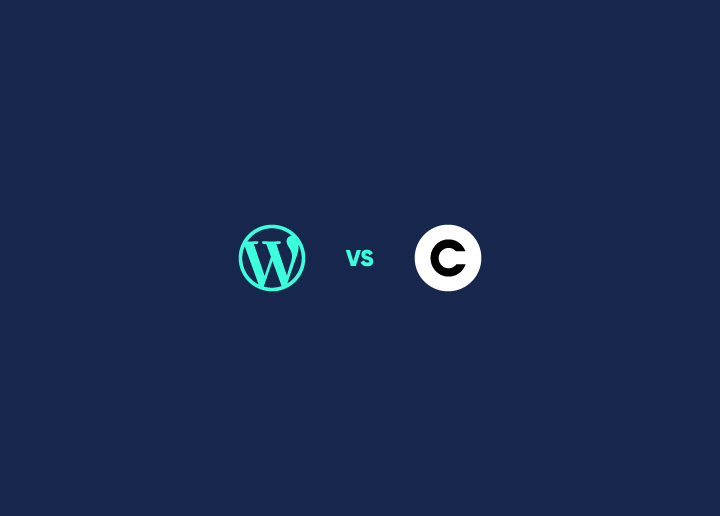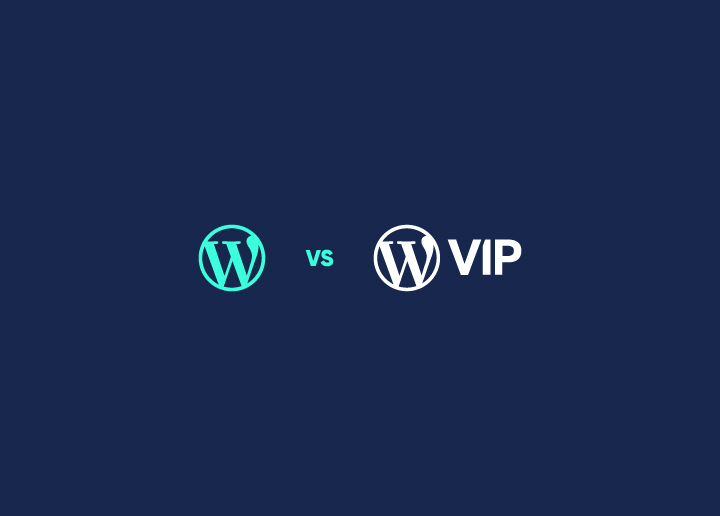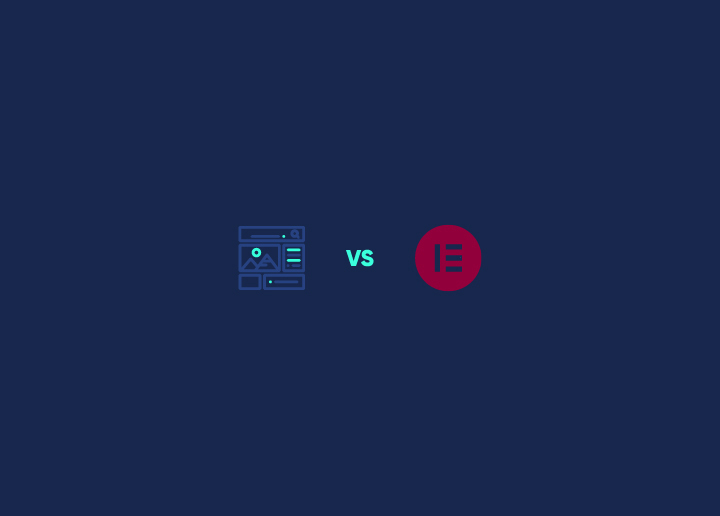Building websites can be hard. You need to design, code, and manage content. It takes time and skill. GoDaddy and WordPress help make this easier. When we compare WordPress vs GoDaddy, we see GoDaddy offering simple tools and hosting for beginners. On the other hand, WordPress is a powerful platform with many themes and plugins. Both have their strong points. GoDaddy is great for quick, basic sites. WordPress allows for more complex, customizable websites. Each tool makes different parts of website creation simpler, helping people get their sites online faster.
This article will look at GoDaddy and WordPress side by side. We’ll compare their ease of use, features, design options, and costs. By the end, you’ll know which one might work better for your website needs.
Contents
ToggleAbout WordPress and GoDaddy
Did you know that GoDaddy is one of the largest WordPress hosts in the world, powering millions of WordPress websites? GoDaddy’s managed WordPress hosting offers an optimized platform specifically designed to make WordPress sites faster and more secure.
This tight integration with WordPress also includes automatic updates, daily backups, and one-click staging environments, making it easier for site owners to manage and grow their websites without the usual headaches of manual maintenance. It’s a major reason why so many users choose GoDaddy as their go-to hosting provider for WordPress.
Here’s a short summary of both —
GoDaddy: GoDaddy primarily offers website-building tools and hosting services. It’s known for being user-friendly and good for beginners.
Key Highlights
- Easy-to-use website builder with drag-and-drop features
- All-in-one solution with domain registration and hosting
- 24/7 customer support
- Good for small businesses and personal websites
- Offers e-commerce options for online stores
WordPress: WordPress is free and serves open-source content management system requirements. It powers a large portion of websites on the internet and is known for its flexibility.
Key Highlights
- Highly customizable with thousands of themes and plugins
- Suitable for blogs, business sites, and complex web applications
- Large community of developers and users for support
- Regular updates and improvements
- Can be used on various hosting platforms
Considerable Factors for Comparing WordPress vs GoDaddy
Now, let’s focus on key differences between WordPress and GoDaddy on the basis of their functionalities and use.
WordPress vs GoDaddy: Which Platform is Easier to Use for Building Your Website?
When you’re looking to create a website, ease of use is often a top concern. Both WordPress and GoDaddy offer ways to build websites, but they have different approaches. Your choice might depend on your technical skills, the type of website you want to create, and how much time you’re willing to invest in learning the platform.
GoDaddy is known for its straightforward, beginner-friendly approach. It’s designed to help people with little to no technical experience get a website up and running quickly. On the other hand, WordPress offers more flexibility and power, but it can have a steeper learning curve for beginners.
Let’s break down the ease of use for each platform:
GoDaddy:

- Website Builder: GoDaddy’s drag-and-drop builder is very simple to use. You can add elements to your pages by clicking and moving them where you want.
- Templates: GoDaddy offers a range of pre-designed templates. You pick one you like and customize it, which can save time and effort in design.
- All-in-One Solution: With GoDaddy, you get domain registration, hosting, and website building tools all in one place. This can make the whole process simpler for beginners.
- Limited Customization: While it’s easy to use, GoDaddy’s builder doesn’t offer as many options for customization as WordPress. This can be good for simplicity but limiting for more complex sites.
WordPress:
- Initial Setup: WordPress can be a bit more complex to set up initially. You need to choose a hosting provider and install WordPress, which might be tricky for complete beginners.
- Content Management: Once set up, WordPress is fairly easy to use for adding and managing content like blog posts and pages.
- Themes and Plugins: WordPress offers thousands of themes and plugins. This gives you more options, but it can also be overwhelming to choose and set them up.
- Customization: WordPress allows for deep customization of your site. This is great for flexibility but can be complex for beginners.
- Learning Curve: While basic use is straightforward, getting the most out of WordPress often requires learning more about how it works.
Also Check: How to Setup a Services Marketplace Website with WordPress
Decided to Go All the Way with WordPress to Build Your Site?
We can avail all the support you need! For just $59/hr get full-fledged WordPress development for your new, upcoming site.
WordPress vs GoDaddy: Understanding Cost Implications
When choosing between WordPress and GoDaddy, cost is an important factor to consider. The two platforms have different pricing models that can affect your overall expenses.
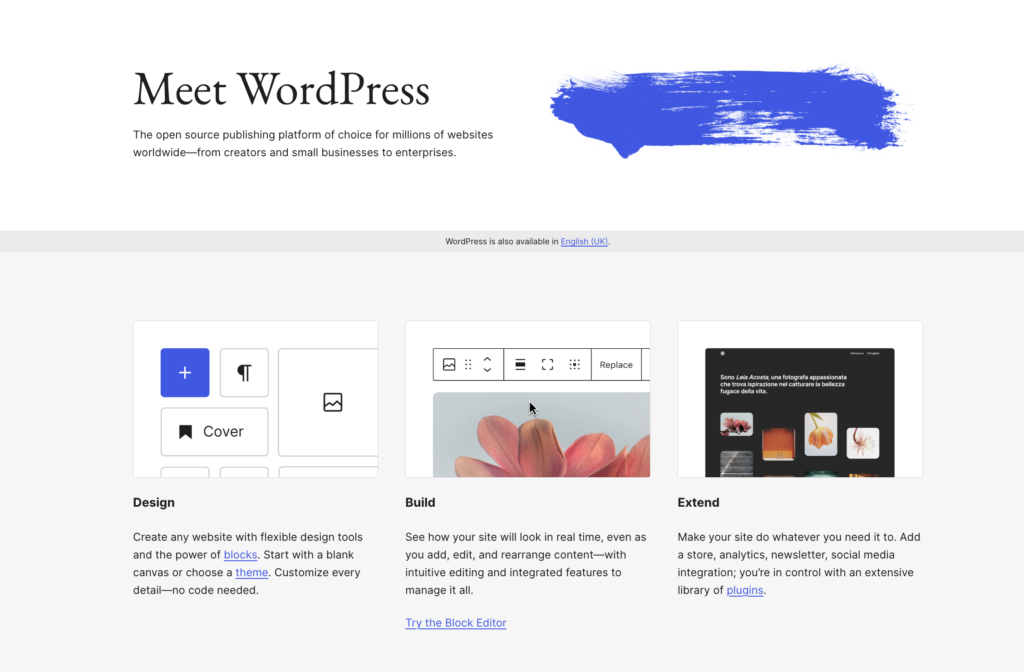
GoDaddy:
- Subscription Plans: GoDaddy offers various plans with different features. You pay a monthly or yearly fee based on the plan you choose.
- All-Inclusive Pricing: Many GoDaddy plans include hosting, domain registration, and website building tools in one price.
- E-commerce Costs: If you want to sell products, you’ll need to choose a plan that supports e-commerce, which usually costs more.
- Add-ons: Some features might require additional fees, like extra storage or advanced marketing tools.
WordPress:
- Free Software: WordPress itself is free to download and use.
- Hosting Costs: You need to pay for hosting separately. Costs can vary widely depending on the hosting provider and plan you choose.
- Domain Name: You’ll need to buy a domain name, which is an yearly expense.
- Themes and Plugins: While many are free, premium themes and plugins can add to your costs.
- Developer Costs: If you need help setting up or customizing your site, you might need to hire a developer, which can be expensive.
Also Read: WordPress Pricing: How Much Does A WordPress Website Cost?
WordPress vs GoDaddy: Comparing Flexibility and Customization Options
Flexibility and customization are key factors in creating a unique website that fits your needs. Let’s see how WordPress and GoDaddy compare in this area.
GoDaddy:
- Template Selection: GoDaddy offers a variety of pre-designed templates to choose from.
- Drag-and-Drop Editor: The website builder allows you to easily move elements around on your pages.
- Limited Design Freedom: While you can make basic changes, you’re somewhat restricted to the design of your chosen template.
- Built-in Features: GoDaddy includes many features in its plans, but you can’t add functionality beyond what they offer.
WordPress:
- Thousands of Themes: WordPress has a huge library of themes, both free and paid, offering a wide range of design options.

- Plugins: There are plugins for almost any feature you might want to add to your site, from contact forms to online stores.
- Full Code Access: If you know how to code or hire a developer, you can change almost anything on your WordPress site.
- Constant Updates: The WordPress community regularly creates new themes and plugins, giving you access to the latest web technologies.
Check This: How to Write the Best Website Briefing Template: Key Elements
WordPress vs GoDaddy: Which Platform Offers Better Hosting and Performance for Your Website?
The performance of a WordPress site can potentially be better than GoDaddy if you choose a high-quality host and optimize your site well. However, GoDaddy offers a simpler, all-in-one solution that may be enough for many users. Let’s compare WordPress and GoDaddy in these areas.
GoDaddy:
- Integrated Hosting: GoDaddy’s website builder plans come with hosting included, simplifying the setup process.
- Server Locations: GoDaddy has data centers in various locations, which can help with loading speeds for visitors in different regions.
- Uptime: GoDaddy generally offers good uptime, meaning your site stays accessible most of the time.
- Traffic Handling: Higher-tier plans can handle more traffic, but there may be limits on lower-cost options.
WordPress:
- Hosting Flexibility: WordPress can be hosted on many different providers, allowing you to choose based on your needs and budget.
- Performance Varies: The performance of a WordPress site depends greatly on the hosting you choose and how you set up your site.

- Caching Options: WordPress has many caching plugins available that can significantly improve site speed.
- Content Delivery Networks (CDNs): You can easily integrate CDNs with WordPress to improve global performance.
Also Read: How to Setup a Services Marketplace Website with WordPress
WordPress vs GoDaddy: How Does Each Platform Handle Security and Maintenance?
Security and maintenance are vital for keeping your website safe and running smoothly. Let’s explore how WordPress and GoDaddy approach these important aspects.
GoDaddy:
- Automatic Updates: GoDaddy typically handles updates to their website builder platform automatically.
- Built-in Security: GoDaddy includes basic security features in their hosting plans, such as SSL certificates and malware scanning.
- Backups: Many GoDaddy plans include automatic backups of your website.
- Support: GoDaddy offers 24/7 customer support to help with issues.
- Limited User Control: While this means less work for you, it also means you have less control over security measures.
WordPress:
- Core Updates: WordPress regularly releases updates to improve security and add features. You need to apply these updates yourself (or set them to auto-update).
- Plugin and Theme Updates: You’re responsible for keeping plugins and themes updated, which is crucial for security.
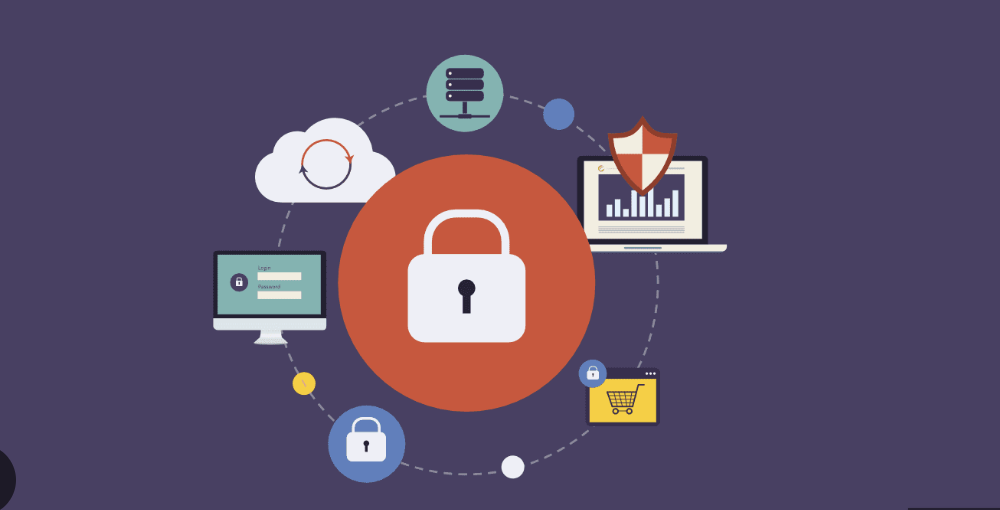
- Security Plugins: WordPress has many powerful security plugins available, allowing you to add features like two-factor authentication, firewall protection, and malware scanning.
- Backup Options: There are various backup plugins and solutions available for WordPress, giving you control over how and when your site is backed up.
- User Responsibility: With WordPress, you have more control over security, but this also means more responsibility to keep everything updated and secure.
- Hosting Security: The security of a WordPress site also depends on the security measures of your chosen hosting provider.
Maintenance Factors:
GoDaddy:
- Platform Maintenance: GoDaddy handles most of the backend maintenance for their website builder.
- Content Updates: You’re responsible for keeping your site’s content fresh and up-to-date.
- Limited Customization: This can mean less maintenance work, but also less flexibility to make changes.
WordPress:
- Regular Updates: WordPress requires regular updates to the core software, themes, and plugins.
- Database Optimization: Over time, your WordPress database may need optimization to keep your site running smoothly.
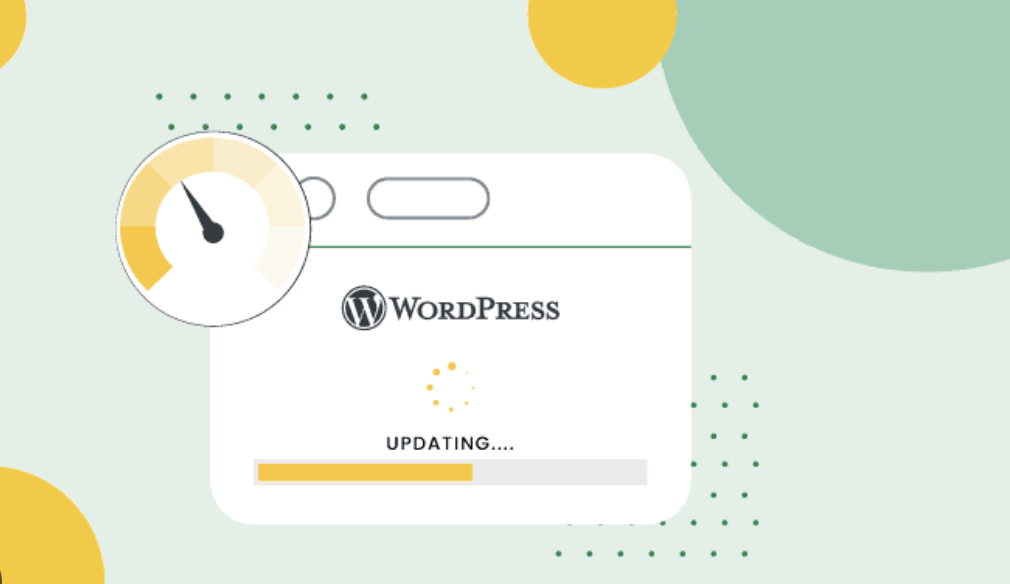
- Compatibility Checks: When updating, you need to ensure all parts of your site remain compatible.
- More Control: WordPress gives you more control over maintenance tasks, allowing for more thorough upkeep but requiring more time and knowledge.
Get a Comprehensive Idea: Website Maintenance: Why It’s Essential?
WordPress vs GoDaddy: Which Platform Offers Better Customer Support and Community Resources?
GoDaddy provides more direct, company-provided support, which can be helpful for beginners who need quick answers. However, WordPress offers a wider range of resources and a larger community, which can be invaluable for solving unique problems and learning advanced techniques.
Here’s what we find –
GoDaddy:
- 24/7 Customer Support: GoDaddy offers round-the-clock support via phone, chat, and email.
- Support Quality: Support staff can help with basic issues, but might struggle with more complex problems.
- Knowledge Base: GoDaddy has a library of articles and guides to help users solve common problems.
- Limited Community: While there are some user forums, GoDaddy doesn’t have a large community of users sharing knowledge.
WordPress:
- Official Support: WordPress.org offers forums where you can ask questions, but response times can vary.
- Extensive Documentation: WordPress has a comprehensive codex (documentation) covering almost every aspect of the platform.

- Large Community: WordPress has a huge, active community of users and developers who share knowledge and help each other.
- Third-Party Support: Many theme and plugin developers offer their own support for their products.
- Online Resources: There are countless blogs, YouTube channels, and courses dedicated to teaching WordPress.
Also Read: Preventative vs Reactive Maintenance of Your Website: All You Need to Know
Verdict: GoDaddy for Simplicity, WordPress for Flexibility
If you’re seeking an easy, all-in-one solution that lets you get a website up and running with minimal effort, GoDaddy’s website builder is a solid option. It’s ideal for beginners who need a straightforward, no-fuss approach to creating a basic site.
However, if you require more advanced features, deep customization, and the potential to scale your site as your needs grow, WordPress is the clear winner. With its vast ecosystem of themes, plugins, and developer resources, WordPress provides the flexibility to build and expand your site to meet any challenge. The choice between GoDaddy and WordPress ultimately comes down to your specific goals and how hands-on you want to be in the website-building process.


